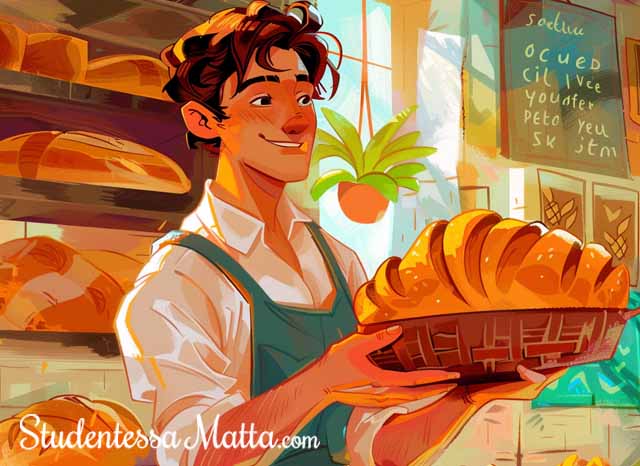
Innamorati del tempo condizionale
italiano incondizionatamente!
Fall in love with the Italian Conditional tense unconditionally!
Maggiori informazioni sul condizionale italiano.
More on the Italian Conditional Tense.
La Ricetta della Condizionale: Amore, Arte e Pane — e un po’ di pratica!
The Conditional Recipe: Love, Art and Bread – and some practice!
C’era una volta, in un piccolo villaggio italiano, un giovane fornaio di nome Matteo. Se si svegliasse presto, preparerebbe il pane più delizioso mai assaggiato. Si diceva che se qualcuno assaggiasse il suo pane, non potrebbe più godere di quello di altre panetterie.
Once upon a time, in a small Italian village, there was a young baker named Matteo. If he wakes up early, he’ll make the most delicious bread ever tasted. It was said that if someone tasted his bread, he could no longer enjoy that of other bakeries.
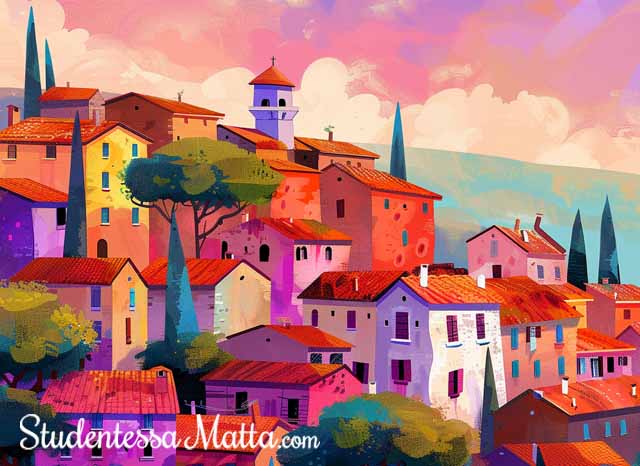
Se facesse bel tempo, Matteo esporrebbe le sue creazioni fuori dalla panetteria, attirando i passanti con l’aroma invitante. Se piovesse, invece, sperimenterebbe nuove ricette, immaginando di inventare un pane così leggero da sembrare danzare in bocca.
If the weather was nice, Matteo would display his creations outside the bakery, attracting passersby with the inviting aroma. If it rained, however, he would experiment with new recipes, imagining inventing bread so light it seemed to dance in one’s mouth.
Si mormorava nel villaggio che, se Matteo si innamorasse, il suo pane avrebbe acquisito di più virtù magiche e deliziose, trasformando la vita di tutti in prosperità.
It was whispered in the village that if Matteo were to fall in love, his bread would gain even more delicious magical qualities, transforming everyone’s life into prosperity.

Quando Giulia, una giovane e talentuosa artista, arrivò in paese, l’entusiasmo degli abitanti crebbe: erano così convinti che, se Matteo l’avesse incontrata, si sarebbe perdutamente innamorato di lei.
When Giulia, a young and talented artist, arrived in town, the enthusiasm of the inhabitants grew: the people were so convinced that if Matteo met her, he would fall head over heels for her.
Infatti, dopo aver incontrato la giovene artista, il pane di Matteo iniziò a raggiungere nuove vette culinarie, mentre la arte di Giulia si arricchiva di colori più ricchi e vivaci. Ben presto, la notizia del delizioso pane di Matteo e della favolosa arte di Giulia si diffuse in tutto il mondo e persone da ogni dove iniziarono a visitare il piccolo paese.
In fact, after meeting the young artist, Matteo’s bread began to reach new culinary heights, while Giulia’s art was enriched with richer and more vivid colors. Soon, the news of Matteo’s delicious bread and Giulia’s fabulous art became widespread, and people from all over the world began to visit the little town.
Tutti hanno prosperato ed erano felici, dimostrando che l’arte, l’amore e il pane sono gli ingredienti migliori per una vita prospera e soddisfacente!
Everyone prospered and was happy, proving that art, love, and bread are the best ingredients for a prosperous and satisfying life!
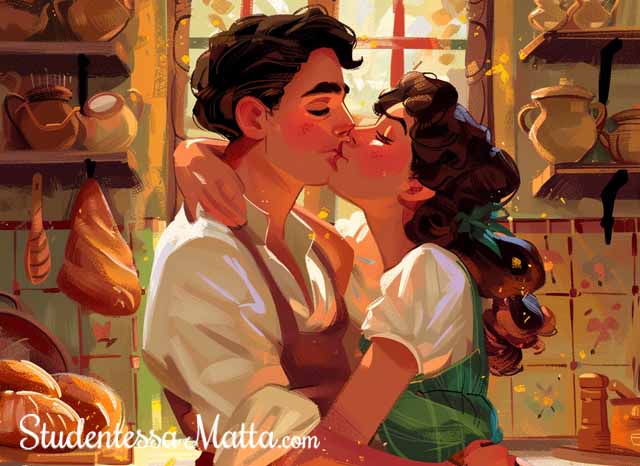
Innamorarti col tempo condizionale!
Fall in love with the Conditional tense!
Il condizionale italiano, è usato principalmente per esprimere una condizione che potrebbe essere soddisfatta se si verifica un’altra azione. È simile all’equivalente inglese di “would” più un verbo. Questo tempo è usato sia in situazioni ipotetiche che per fare richieste educate. Ci sono due tempi condizionali in italiano: il condizionale presente e il condizionale passato.
The Italian conditional tense, or condizionale, is used primarily to express a condition that could be fulfilled if another action occurs. It is similar to the English equivalent of “would” plus a verb. This tense is used both in hypothetical situations and to make polite requests. There are two conditional tenses in Italian: the present conditional (condizionale presente) and the past conditional (condizionale passato).

Present Conditional (Condizionale Presente)
The present conditional is used to:
Express a possibility or a hypothetical situation
Vorrei dipingere un quadro.
I would like to paint a picture.
Make polite requests
Potresti aiutarmi?
Could you help me?
Express a wish or desire:
Vorrei andare in Italia.
I would like to go to Italy.
Formation
To form the present conditional for regular verbs, you add the following endings to the stem of the infinitive verb:
- -are verbs: -erei, -eresti, -erebbe, -eremmo, -ereste, -erebbero
- -ere verbs: -erei, -eresti, -erebbe, -eremmo, -ereste, -erebbero
- -ire verbs: -irei, -iresti, -irebbe, -iremmo, -ireste, -irebbero
Here are some examples:
- Parlare (to speak): parleresti (you would speak)
- Credere (to believe): crederei (I would believe)
- Sentire (to hear): sentiremmo (we would hear)
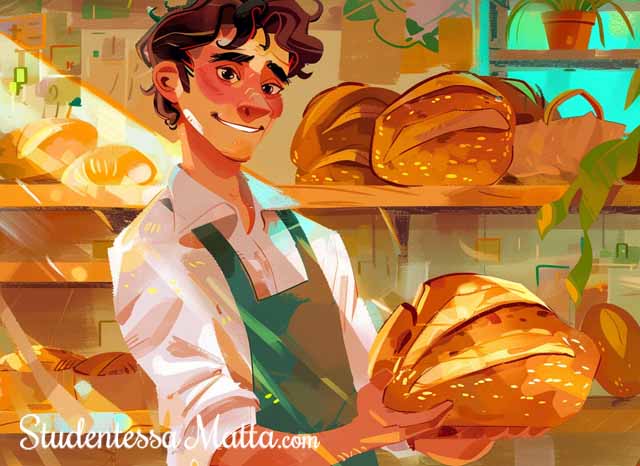
Past Conditional (Condizionale Passato)
The past conditional is used to:
Express a hypothetical situation that could have occurred in the past:
Avrei mangiato il pane.
I would have eaten the bread.
Reflect on a wish or possibility in the past:
Avresti voluto partecipare?
Would you have liked to participate?
Formation
The past conditional is formed by combining the present conditional of the auxiliary verbs AVERE or ESSERE with the past participle of the main verb.
Here are some examples:
- Avrei parlato.
I would have spoken - Saremmo andati.
We would have gone.
Remember, the choice between AVERE and ESSERE as the auxiliary verb follows the same rules as in other compound tenses, and the past participle must agree in gender and number with the subject when ESSERE is used.
Più esempi! More Examples
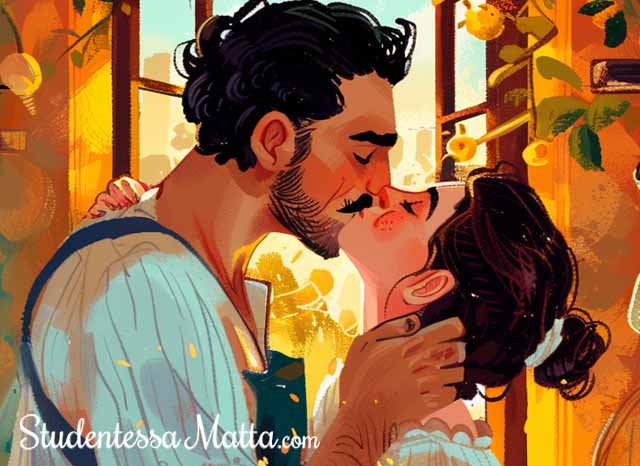
Practice Makes Perfect!
The best way to get comfortable with the Italian conditional tense is through regular practice. Try forming sentences in both the present and past conditional to discuss hypothetical situations, make polite requests, or express wishes and desires.
Expressing Wishes or Desires
- Vorrei bacciarti.
I would like to kiss you. - Preferiresti andare al cinema o a teatro?
Would you prefer to go to the cinema or the theater? - Amerebbe vivere in campagna.
He/She would love to live in the countryside.
Making Polite Requests
- Potresti passarmi il sale, per favore?
Could you pass me the salt, please? - Mi dareste un passaggio fino alla stazione?
Would you give me a ride to the station? - Potremmo avere il menù?
Could we have the menu?
Discussing Hypothetical Scenarios
- Andrei al mare se non piovesse.
I would go to the sea if it were not raining. - Se avessi tempo, viaggerei di più.
If I had time, I would travel more. - Se fosse possibile, comprerebbero una casa più grande.
If it were possible, they would buy a bigger house.
Offering Advice or Suggestions
- Dovresti riposarti se ti senti stanco.
You should rest if you feel tired. - Farei attenzione a quello che dici.
I would be careful about what you say. - Leggerei quel libro se fossi in te.
I would read that book if I were you.
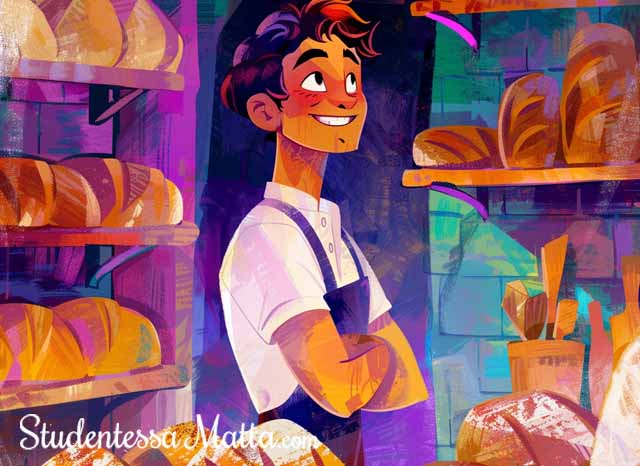
Using Conditional with “if” clauses
When using the present conditional in hypothetical phrases with “se” (if) in Italian, it’s common to set up a condition in the clause that follows or precedes “se,” and then use the conditional tense in the main clause to express what would happen if that condition were met. These constructions often involve unreal or hypothetical situations.
Here are some examples:
- Se Matteo si innamorasse davvero, farebbe il pane migliore e avrebbe poteri magici.
Se Matteo si innamorasse davvero, farebbe il pane migliore e avrebbe poteri magici. - Se fosse bel tempo, andremmo al parco.
If it were nice weather, we would go to the park. - Se potessi, viaggerei in tutto il mondo.
If I could, I would travel around the world. - Se avessi i soldi, comprerei una macchina nuova.
If I had the money, I would buy a new car. - Se fossi in te, parlerei con il professore.
If I were you, I would talk to the professor. - Se sapessi cucinare, preparerei una cena per gli amici.
If I knew how to cook, I would prepare a dinner for friends. - Se avessimo una casa più grande, inviteremmo più ospiti.
If we had a bigger house, we would invite more guests. - Se non piovesse, faremmo una passeggiata.
If it weren’t raining, we would take a walk. - Se potessimo, cambieremmo lavoro.
If we could, we would change jobs. - Se studiassi di più, supereresti l’esame.
If you studied more, you would pass the exam.
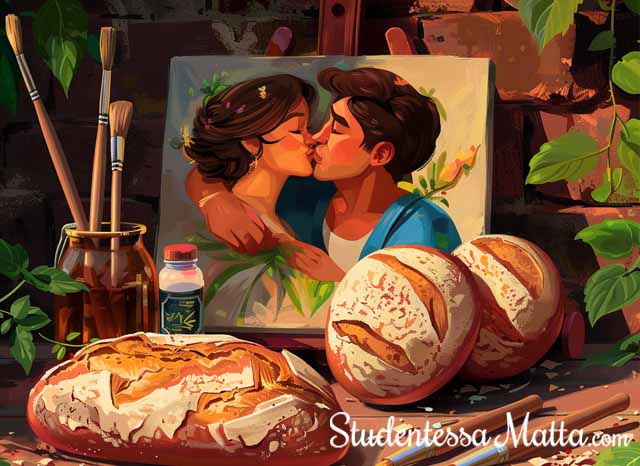
Questi esempi illustrano come il tempo condizionale stabilisca le condizioni necessarie che devono essere soddisfatte per esprimere desideri, fare richieste, discutere situazioni ipotetiche, o dare consigli.
These examples illustrate how the conditional tense sets up necessary conditions that must be fulfilled in order to express desires, make requests, discuss hypothetical situations, or give advice.
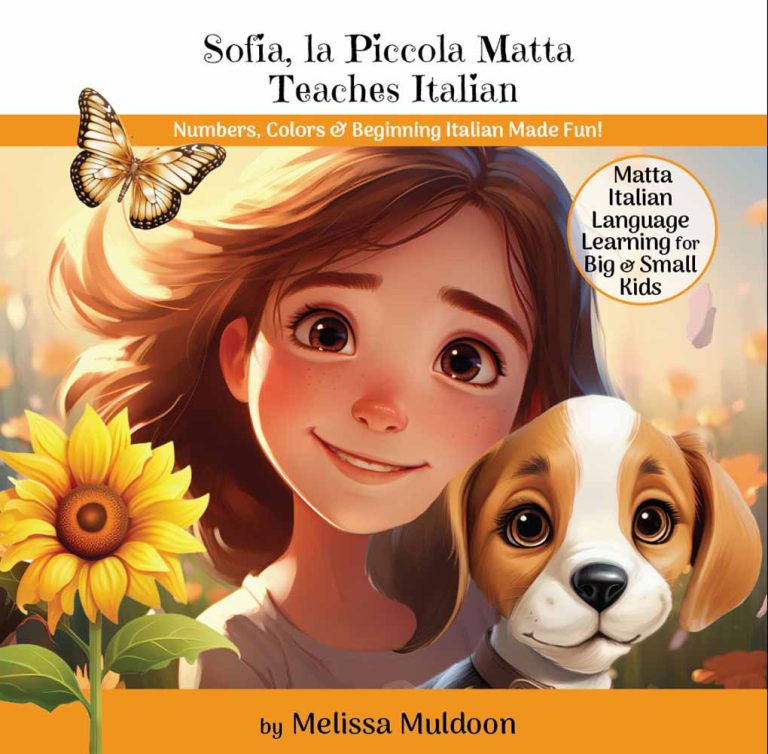

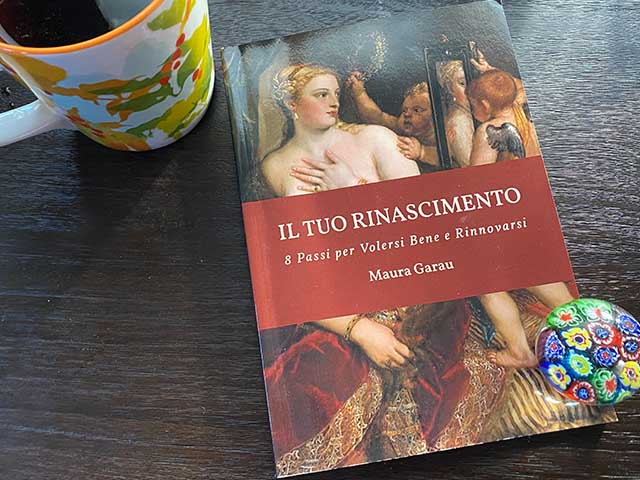


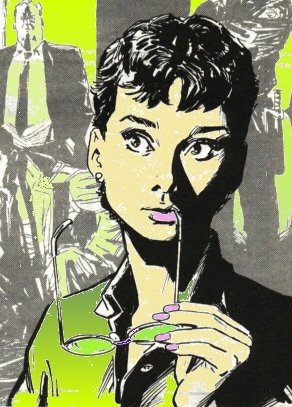






Ciao Melissa, mi piacciono molto questi blog posts! Grazie e brava!!!